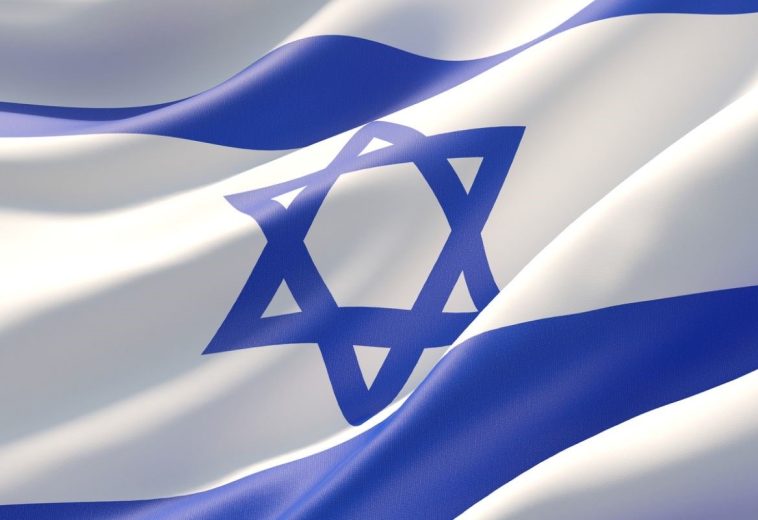In the wake of the escalating conflict between Israel and Hamas, nations worldwide have implemented various security measures and witnessed impassioned demonstrations. The Israeli-Palestine conflict history dates back decades. On October 7, the Israel-Palestine conflict took an unforeseen turn, escalating to unexpected levels.
France has fortified security around Jewish sites, despite Interior Minister Gérald Darmanin asserting there’s currently “no threat.” Preceding this, Israeli sites and places of worship had already seen reinforced security due to September and October’s Jewish holidays.
In Germany, Interior Minister Nancy Faeser disclosed heightened security around Jewish community buildings and Israeli representations in response to Hamas attacks. Additionally, authorities are closely monitoring potential Hamas supporters in Islamist circles.
The United Kingdom saw increased police patrols in specific areas of London, following incidents linked to the war. The Interior Minister emphasized a zero-tolerance stance against the “glorification of terrorism.”
Across the Middle East, fervent demonstrations in support of Palestinians unfolded. Iran, led by a president staunchly backing Palestinian defense, witnessed hundreds waving the Palestinian flag in Tehran, accompanied by the burning of Israeli flags.
In Lebanon, Hezbollah orchestrated a rally to back the Palestinian offensive, with senior member Hachem Safieddine rallying supporters against Israel. Syria’s Damascus saw jubilation, marked by the distribution of pastries in a central square.
Meanwhile, in Turkey, thousands rallied in Istanbul to stand in solidarity with the Palestinians, emphasizing their defensive stance against terrorism. In Yemen’s Sanaa, demonstrators burned Israeli and American flags, echoing anti-Israel and anti-U.S. sentiments, while in Iraq, both Baghdad and Karbala became focal points for gatherings expressing support for Palestinians and condemnation of Israel and the United States.
For a long time, the United Nations and other top international peace and security organizations have suggested that a two-state solution is the only way to resolve the conflict between Israel and Palestine that has lasted for several decades. This proposed solution will see the creation of two different and independent states for Israel and Palestine to live close to each other in peace. However, the road to achieving this is definitely tricky and fraught with challenges, but it holds the potential to end the Israel-Palestine conflict today and bring both countries much-needed peace.
The Gaza−Israel conflict has deep historical roots, with both sides claiming the same land as their own. This protracted struggle has led to countless casualties, suffering, and a perpetual cycle of violence. The two-state solution emerged as a response to this conflict, aiming to reconcile the competing claims to the land and provide a framework for peaceful coexistence.
Benefits of a Two-State Solution
The establishment of separate states would allow both Israel and Palestine to exercise self-determination and self-governance. This autonomy is crucial for fostering a sense of security and stability for both nations.
A two-state solution would entail the withdrawal of Israeli forces from occupied territories, a move that has been a significant point of contention. By delineating clear borders, this solution can help address this sensitive issue and pave the way for a more peaceful coexistence.
With defined borders and independent governance, both Israel and Palestine would have the opportunity to focus on their own economic development. This could lead to increased prosperity for both nations, as they would be free to pursue their respective economic agendas.
A resolution to the Israeli-Palestinian conflict would undoubtedly have positive repercussions for the entire Middle East region. It would foster an atmosphere of cooperation and reduce the tensions that have historically flared up across borders.
A two-state solution could enhance the international standing of both Israel and Palestine. It would pave the way for diplomatic recognition, opening doors for economic partnerships, and fostering relationships with other nations.
A peaceful resolution would alleviate the immense suffering that the conflict has imposed on civilians from both sides. It would allow for the reconstruction of infrastructure, improved access to basic services, and the possibility of a brighter future for generations to come.
Challenges and Roadblocks
While the benefits of a two-state solution are significant, it is essential to acknowledge the substantial challenges that lie ahead. Ensuring the security of both states will be paramount. Establishing reliable security measures that satisfy both parties will be a delicate and complex process.
Determining the precise borders and managing land swaps will be a challenging task, particularly in areas that hold deep historical and emotional significance for both Israelis and Palestinians.
Addressing the rights and concerns of Palestinian refugees is a sensitive issue that requires careful negotiation and resolution. The status of Jerusalem is a particularly contentious issue. Finding a mutually acceptable arrangement for the city, which both Israelis and Palestinians consider their capital, is a significant hurdle.

